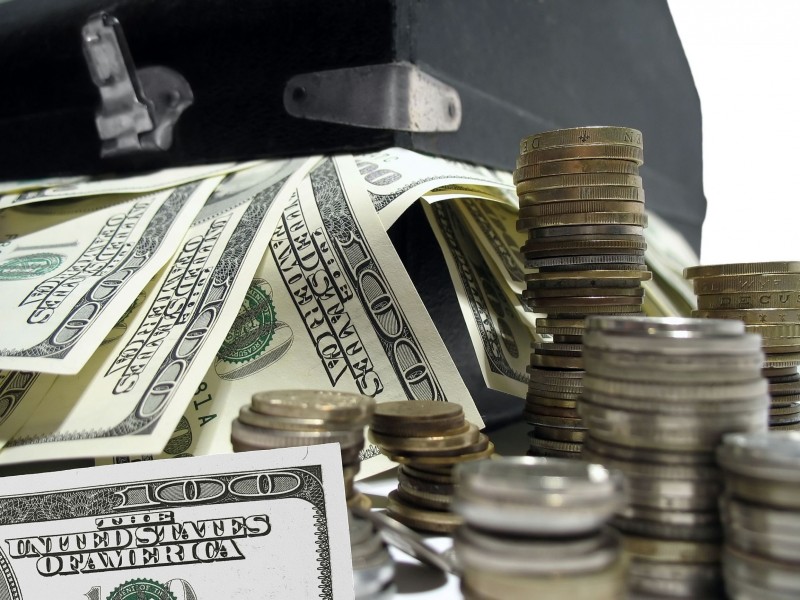A lien is a legal claim or right against someone else’s property. A lienholder has the right to take possession of the property if the owner fails to pay the debt. Liens can be placed against real estate, vehicles, boats, and other personal property.
Lien Types
When a borrower agrees to use the property as collateral for a loan, this is called a voluntary lien. The most common type of voluntary lien is a mortgage, which is placed on a home when the borrower takes out a loan to purchase the property.
Involuntary liens are placed on a property when the borrower owes money for taxes, child support, or other debts. If the debt is not paid, the creditor can place a lien against property and eventually force a sale to recoup their losses.
Rights
When there is a lien against property, it is important to understand the rights of both the lienholder and the property owner. The lienholder has a right to collect the debt from the property owner, but the property owner has certain rights as well.
For example, the property owner has the right to redeem the property by paying off the debt. The property owner also has the right to sell the property and use the proceeds to pay off the debt.
If the debt is not paid off, the lienholder, such as Mayflower Judgments, may eventually foreclose on the property and sell it at a public auction.
It is important to consult with an attorney if you have any questions about your rights or obligations in relation to a lien on your property.



